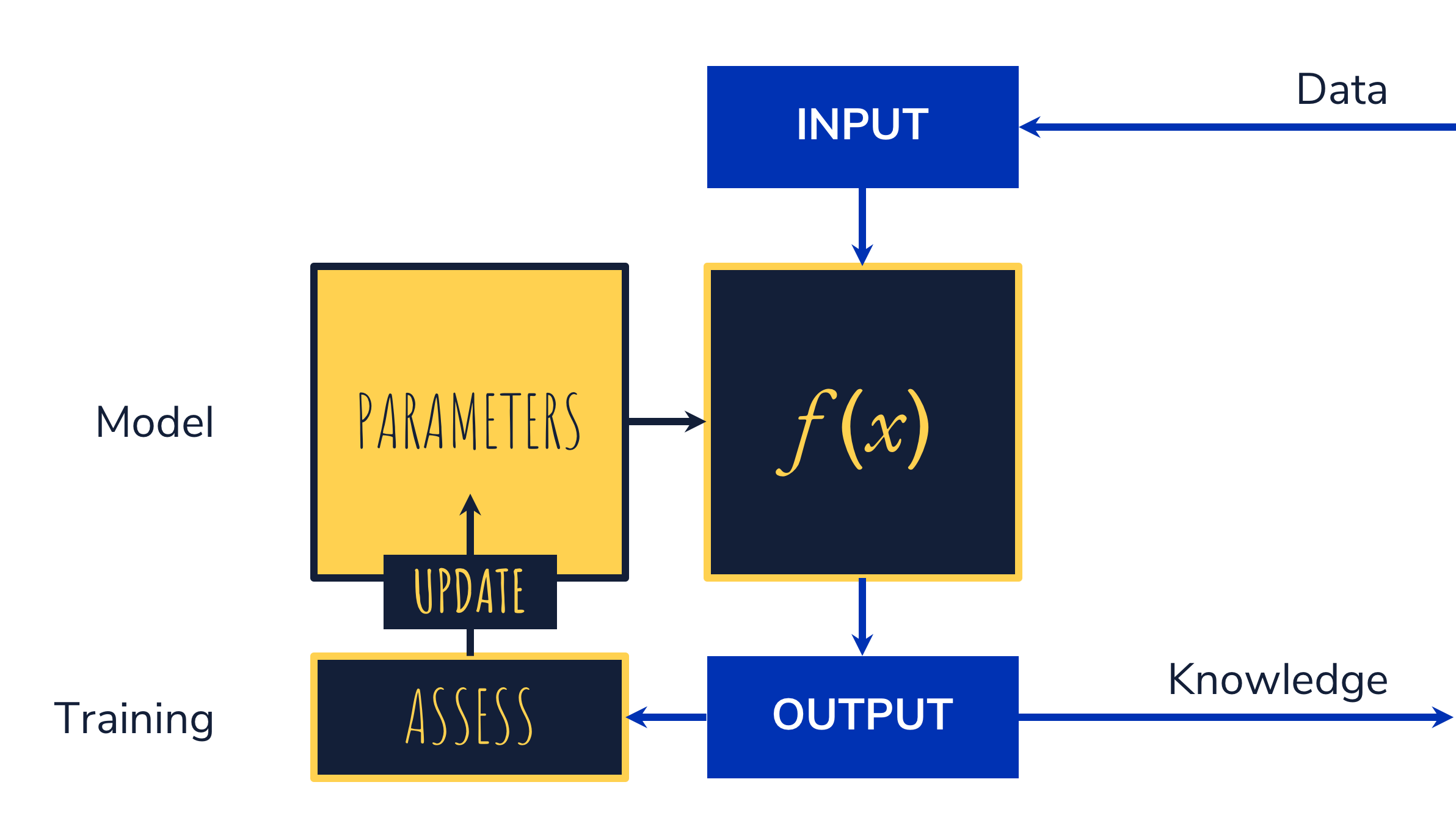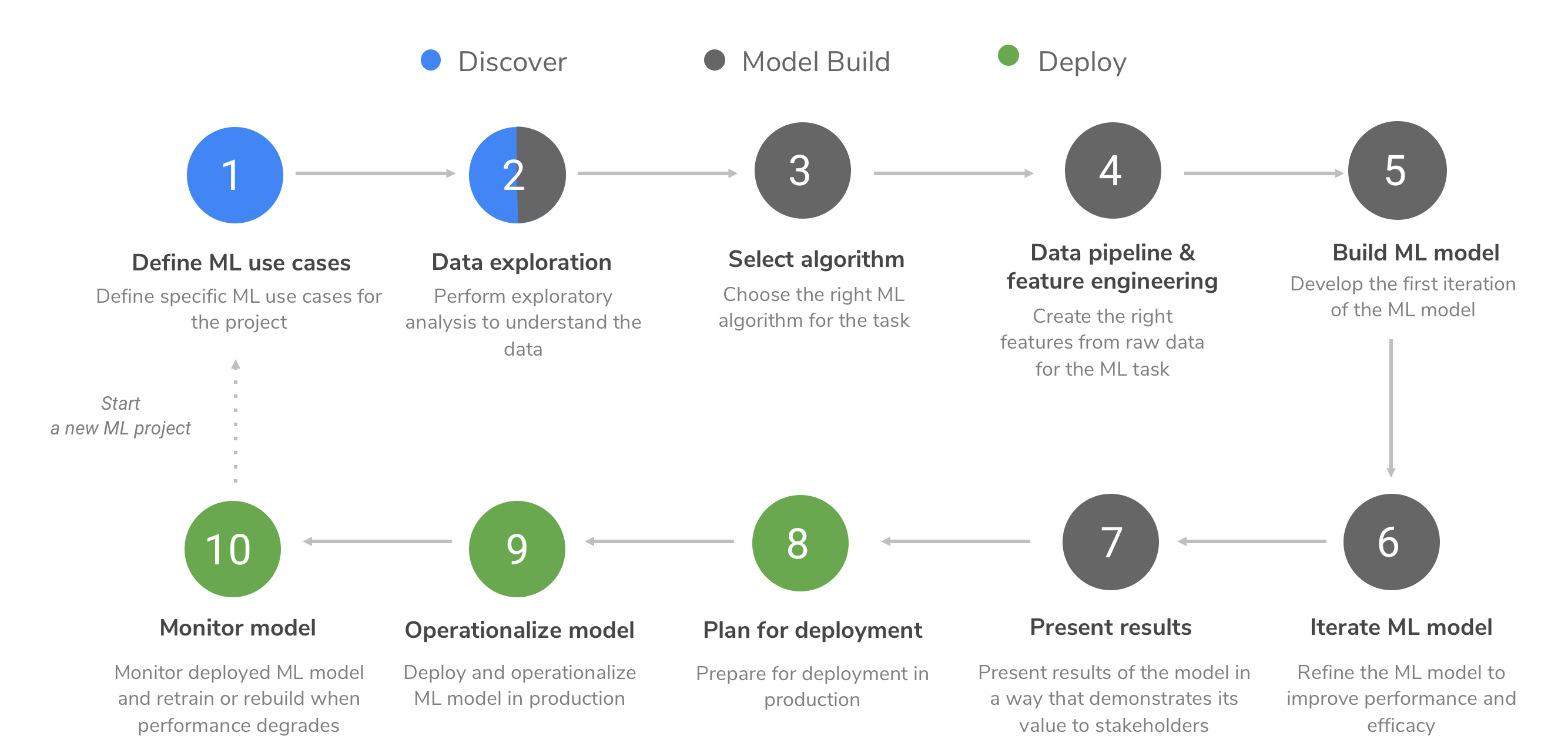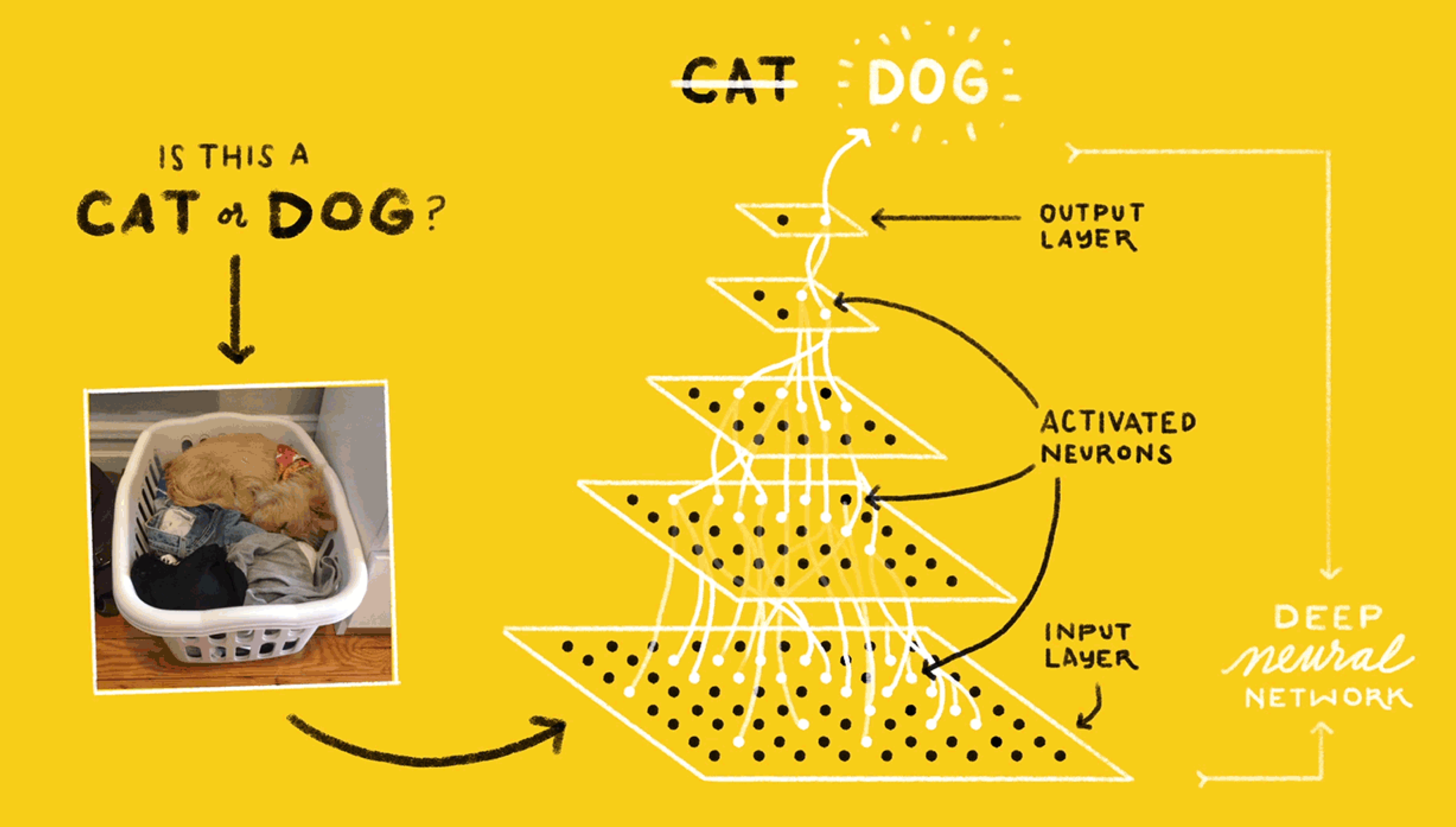10000ft of Machine Learning
Today I went to a Machine learning training course at Google which was done by Datatonic. For me as a complete noobie in Machine Learning it was an opportunity to learn and freshen up my extremely limited and superficial knowledge gained by University Courses or hearing about pet projects of colleagues.
We started with a brief and interesting talk on the basic principles and history of ML, but then all of the sudden it just jumped in the complete deep end telling us to run complicated code in Google Collab. I tried to get my head around one of the exercises with the help of the instructor.
For me, the initial overview information and learning was the most valuable, and I would like to share some of it, for future me and anyone else interested.
Hopefully, I will have a crack at trying a project myself and get my head around the more complicated concepts. 🤔
(All the images used below are taken from the Datatonic slides)
A 1000ft view of Machine Learning
Where I am at the moment and how I see machine learning is as:

You give it some data and it gives you a result. For now I am satisfied with that view on ML, however, I will have to a few books to get a bit more into the ML concepts.
My brother (and ML enthusiast) is currently planning to read “Deep Learning” by Ian Goodfellow, which has now been added to my reading list!
The three ML categories
What was discussed today in the workshop that Machine learning mainly falls in three big categorisations:
(1) Supervised learning
- Classification
- Regression (eg linear regression is also ML 🤓)
- Forcasting

(2) Unsupervised Learning
- Clustering
- Embedding
- Forcasting
(3) Optimasition - learn how to act by exploring the environment and receiving reward punishment.
An interesting point I found for the classifications, if you train them in absolute terms and tell them for example the world is only dog and cats, if you give it a fish it will say dog or cat. It good to add some uncertainty and concept of “I don’t know” in the model, a Bayesian approach (probabilistic).

Overview of process to create a ML project

Future work: Tools to have a play with!
-
Tensorflow
-
Apache Spark (throwback to uni and maybe try and figure out what we did in that Data Science course! 😬)
-
spaCy
Summary
There is a lot to learn and its not an easy topic! 😂
Hopefully, I will be doing a project in ML soon to get my round it! 🤓 🤔
Thank you for reading! 👋
If you notice any mistakes please contact me on Twitter.